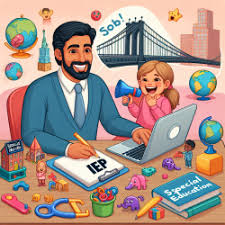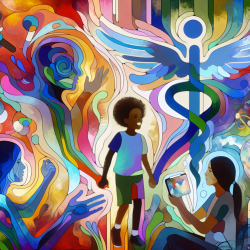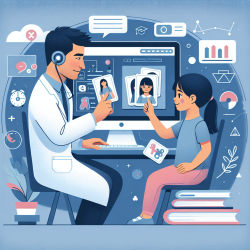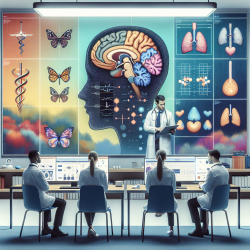Introduction
The COVID-19 pandemic has necessitated rapid adaptations across various sectors, including education. Schools faced significant challenges in managing public health directives while supporting students' mental health needs. A noteworthy response to these challenges is the Health Education and Training (HEAT) Corps initiative, which offers valuable insights for practitioners in online therapy services, such as those provided by TinyEYE.
The HEAT Corps Initiative
The HEAT Corps program, launched in May 2020, is a school-based curriculum designed to enhance health literacy and provide real-time access to COVID-19 clinicians and public health experts. The initiative aims to:
- Improve science literacy among students
- Create a supportive environment for discussing mental health
- Provide updated COVID-19 prevention strategies
This curriculum was developed through collaboration with educators, health professionals, and community leaders to ensure its relevance and effectiveness.
Implementation and Outcomes
The HEAT Corps initiative has been implemented in 148 schools across 19 states and six countries, reaching over 13,230 students. The program's success is attributed to its adaptability, allowing it to meet diverse educational needs and public health challenges.
Key components of the program include:
- Curriculum Delivery: The curriculum is delivered virtually by trained volunteers, consisting of pre-health and graduate students, ensuring a high level of engagement and interaction.
- Training: Volunteers undergo comprehensive training to enhance their teaching and public speaking skills, ensuring effective communication of complex health information.
- Town Halls: Virtual town halls provide additional support to school communities, offering expert insights on emerging COVID-19 issues.
Implications for Practitioners
Practitioners in the field of speech-language pathology and online therapy can draw several lessons from the HEAT Corps initiative:
- Emphasize Health Literacy: Incorporating health literacy into therapy sessions can empower students to make informed decisions about their health and well-being.
- Foster Open Communication: Creating a safe space for discussing mental health can help address the emotional and psychological impacts of the pandemic on students.
- Adapt to Evolving Needs: The flexibility of the HEAT Corps curriculum highlights the importance of adapting to the changing needs of students and educational environments.
Encouraging Further Research
While the HEAT Corps initiative has demonstrated success, ongoing research is essential to evaluate its long-term impact on health outcomes and educational attainment. Practitioners are encouraged to explore further research opportunities to enhance their practice and contribute to the growing body of knowledge in this field.
To read the original research paper, please follow this link: The Health Education and Training (HEAT) Corps: A Medical–Community Collaboration Response during the COVID-19 Pandemic.










